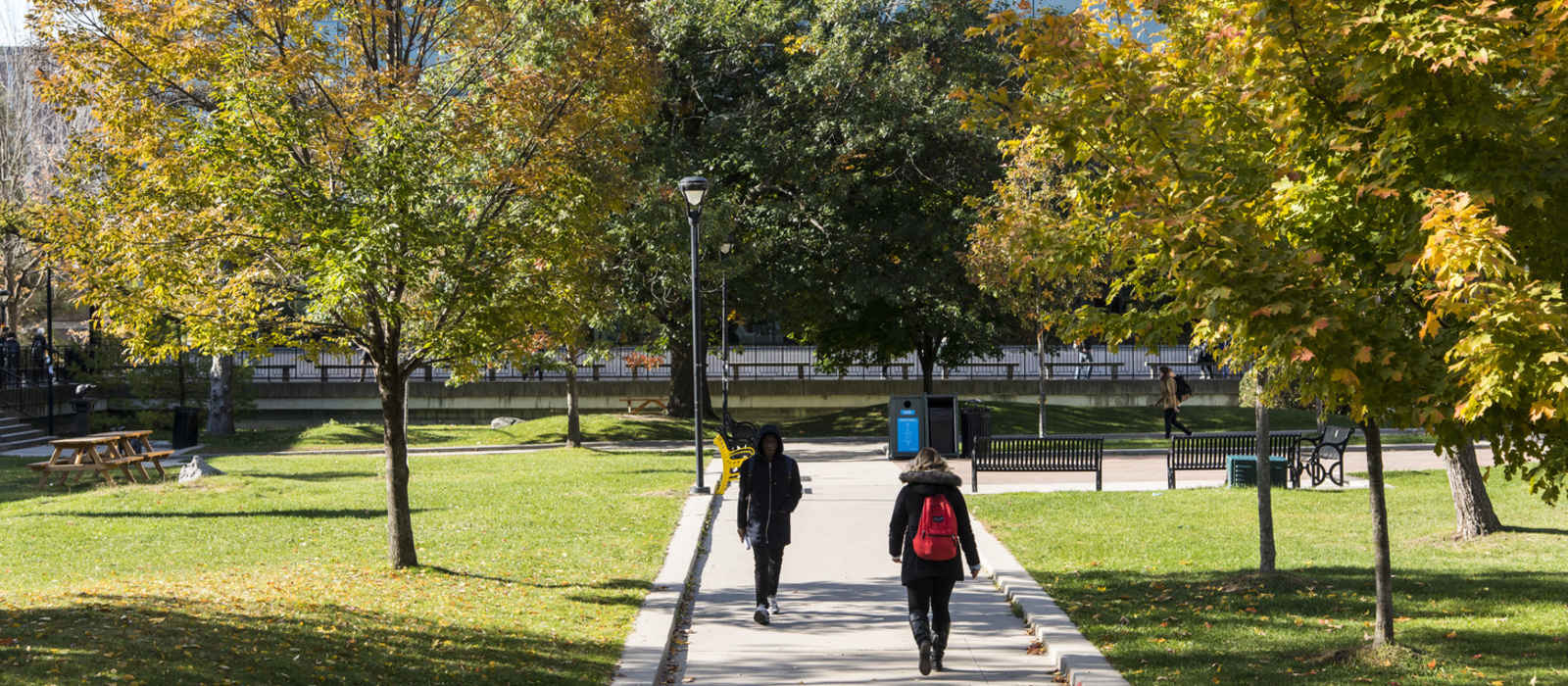Presentation Abstracts
HCI research at the Creative Interactions Lab: from physical studies to virtual opportunities
Audrey Girouard, School of Information Technology, Faculty of Engineering and Design
The Creative Interactions Lab focuses on human-computer interaction research, with a focus on tangible user interfaces and wearable devices. We also have an increasing focus on accessibility, where we aim to understand the experience of people with disabilities with current devices, then develop with them alternative methods to communicate with their devices.
Overall, we build physical prototypes, explore form factors, and understand how people manipulate them. We interact with people in person, to design and assess our prototypes. With accessibility research, adopting a Nothing About us Without Us mindset, we work with the local community to motivate, co-design, and assess our prototypes. For instance, we would go to the Canadian Council of the Blind to engage with community members that are blind. The COVID pandemic posed exceptional challenges in terms of the physicality required to engage in our work, including how we worked with the community on projects. This added complexity yet opened new opportunities. Instead of engaging almost solely with locals, our online interviews became available to a wider audience, located anywhere in Canada, in the world. We gained access to more experts and a wider range of lived experiences. It simplified coordinating meetings with persons with disabilities or with professionals as no one needed to travel. We moved workshops, typically done with physical sticky notes and white boards, to online collaborative tools such as Miro. However, we discovered that some tools are less accessible than others: virtual whiteboards display information visually and offer very limited support for use with screen-readers. Finally, we dropped prototyping study kits at participant’s homes and guided them through video meetings. This led to new research directions, such as to explore how tangible computing and hybrid crafts could be taught in distanced learning settings, and how we can better prepare for them in the future.
Empowering early-career scientists and practitioners in interdisciplinary studies: A case of a global early-career network of networks on nature-based solutions
Yeowon Kim, Civil and Environmental Engineering, Faculty of Engineering and Design
There have been increasing needs for interdisciplinary scholars in higher education and across various professions to address the complex problems that the Anthropocene has brought to our society. However, emerging scientists and practitioners trained to work across disciplines often find it difficult to have a “sense of belonging” in the established science communities of traditional disciplines and where to navigate for knowledge exchange and career development. The Early-Career Network of NATURA (Nature-based solutions for Urban Resilience in the Anthropocene) is a global community of early-career scientists and practitioners involving over 40+ members with interdisciplinary backgrounds, which launched in 2020 and has rapidly been growing during the COVID-19 era. This talk will share the challenges that the NATURA Early-Career Network has faced as a community of early-career professionals in interdisciplinary studies during the pandemic and the opportunities that the network has leveraged to strengthen and expand the community. Furthermore, the talk will facilitate an interactive activity with the session participants through an online mural board to share tips, tools, and diverse experiences in empowering early-career professionals.
The Community Partnership Project- Supporting our Community and Students through Virtual Community Engaged Learning Programming
Chiara Webb, Student Experience Office
In March 2020, Community Engaged Learning programs at Carleton had to shift from an in-person event-based format to determining how we can support our communities and provide enriching learning experiences for students through virtual programming. After consultations with local community partner organizations, the Community Partnership Project (CPP) was created. A four month project-based experiential learning program that connects Carleton students with community organizations in Canada. Following four months (October to January) of self-paced modules on community-engaged learning and project management, students spend their winter reading week remotely supporting community organizations with the research, planning, and execution of community-identified projects. The purpose of this presentation is to share our approach in creating virtual CEL experiences that provide meaningful contributions to community organizations while allowing students develop employability skills, identify real-world connections to their studies and interact with the community.
